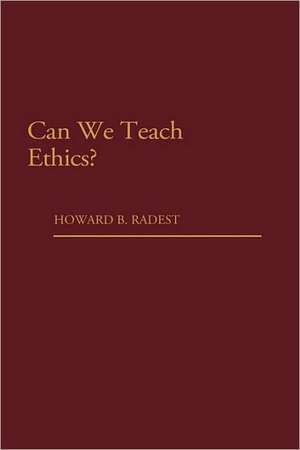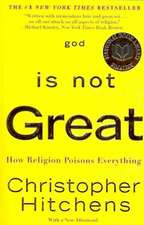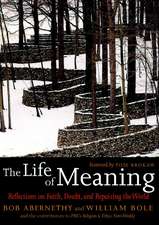Can We Teach Ethics?
Autor Howard B. Radesten Limba Engleză Hardback – 31 ian 1989
The teaching of ethics and moral values in the schools is an issue that is currently surrounded by public confusion and complaint about the failure of teachers and the teaching system. This thought provoking study examines the foundations of moral education from a philosophical and practical perspective. It analyzes some of the typical expectations that cannot be met in the present day approach, and recommends that the teaching of ethics be treated with theater' as the metaphor, dialogue as the genre, and Socrates as the model. Seen as a necessary and unavoidable classroom activity, moral education is presented from a humanist point of view, with emphasis on the developmental approach of Jean Piaget and his followers, while pointing out the limitations of psychological methods. The author's introduction provides a fascinating overview of the realistic concept that the philosopher's world and the school's world must come together; that moral education needs its own space, faculty and curriculum, and cannot be implemented as an extra or added-on program.
In the search for clarification of a relevant approach to the teaching of ethics Howard Radest points out that there can be no clear distinct answer of final wisdom on the subject, and that discussion must go on continually. The findings of research studies are blended with the practice of bringing ethical reasoning to the classroom, and a five-level curriculum is outlined in which moral education is introduced without religious prescription, and which allows administrators to think about ethics in education in a pluralistic society. An important work on a subject of continuing significance today, this study will be welcomed by parents, teachers, administrators and religious leaders.
Preț: 345.07 lei
Preț vechi: 475.90 lei
-27% Nou
66.03€ • 69.26$ • 54.97£
Carte tipărită la comandă
Livrare economică 01-15 aprilie
Specificații
ISBN-10: 0275928578
Pagini: 162
Dimensiuni: 152 x 229 x 13 mm
Greutate: 0.41 kg
Editura: Praeger
Descriere
In the search for clarification of a relevant approach to the teaching of ethics Howard Radest points out that there can be no clear distinct answer of final wisdom on the subject, and that discussion must go on continually. The findings of research studies are blended with the practice of bringing ethical reasoning to the classroom, and a five-level curriculum is outlined in which moral education is introduced without religious prescription, and which allows administrators to think about ethics in education in a pluralistic society. An important work on a subject of continuing significance today, this study will be welcomed by parents, teachers, administrators and religious leaders.














